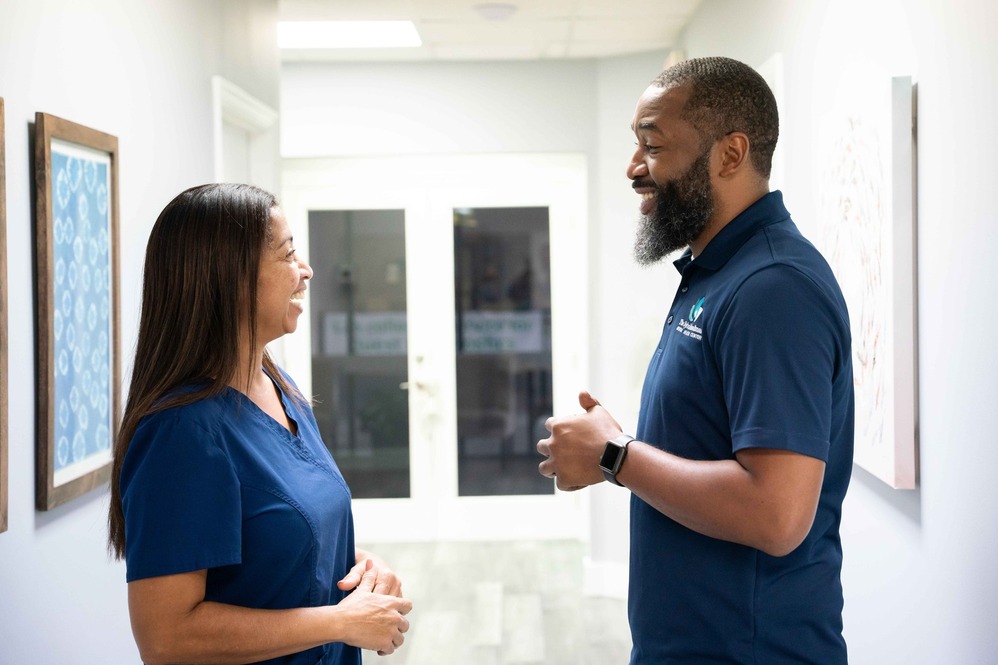Does Private Health Insurance Pay for Trauma Therapy and Treatment Programs in GA?
Yes, private health insurance often covers trauma therapy and treatment programs in Georgia. Coverage varies by plan but may include individual and group trauma counseling, medications, and both inpatient and outpatient care. With insurance, accessing trauma-informed care becomes more manageable and affordable.
Since coverage details differ, it’s important to review your policy carefully so you have a thorough understanding of how to get insurance to pay for a trauma program in Georgia. Check for copayments, deductibles, prior authorization requirements, and in-network providers to maximize your benefits.
Look for treatments designed specifically for trauma recovery, such as Eye Movement Desensitization and Reprocessing (EMDR) or Trauma-Focused Cognitive-Behavioral Therapy (TF-CBT). At The Sylvia Brafman Mental Health Center, our patient advocates can guide you through understanding your insurance benefits, making the process of trauma healing less overwhelming. Contact us today—getting the care you need doesn’t have to be complicated when you’re informed and fully supported.
Who Can Prescribe Medications for Trauma Treatment Near Georgia?
In Georgia, medications for trauma treatment can be prescribed by licensed healthcare professionals, including psychiatrists, primary care physicians, and psychiatric nurse practitioners. These providers evaluate your trauma symptoms and medical history to determine the most effective pharmacotherapy plan, often as part of a comprehensive trauma recovery approach.
Psychiatrists are specialists in mental health and typically have the most expertise in prescribing trauma-related medications, including antidepressants, anti-anxiety medications, or sleep aids, to address trauma symptoms. Nurse practitioners with psychiatric training can also prescribe and manage medications, often collaborating with therapists to provide holistic care. If you’re seeking trauma treatment, many clinics and mental health centers in Georgia offer accessible options to connect with these professionals. Working closely with your care provider ensures your treatment plan is tailored to your specific needs.











